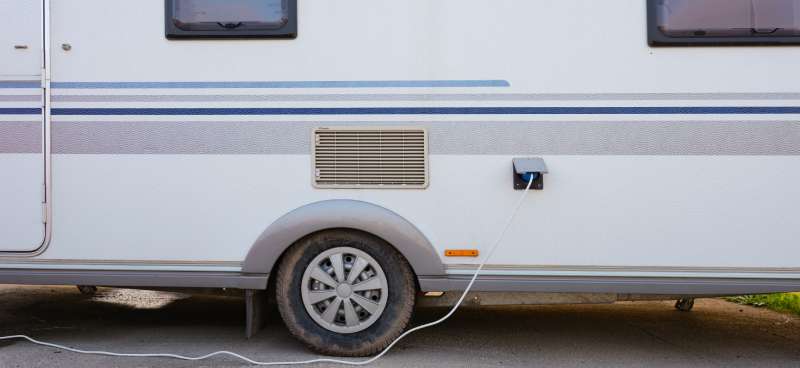Typical Signs of Electrical Failure in an RV

If you’re an RV owner or adventurer, you know nothing beats the thrill of the open road. But what happens when your electrical system starts acting up? Understanding typical signs of electrical failure in an RV can save you from frustration and costly repairs—plus, it’s nice to resolve issues quickly, especially if you’re mid-journey. Continue reading as we discuss several electrical red flags and a few simple everyday fixes to keep your adventure moving forward.
Flickering Lights Could Signal Trouble
Have you noticed your RV lights flickering? This isn’t just annoying; it might indicate a loose connection or failing component. Flickering lights often mean that electricity isn’t flowing smoothly, which can stem from a range of issues.
This issue could be as simple as a bulb that’s not seated properly or something more serious like a wiring problem. Investigate promptly to avoid complications, and remember, sometimes, just tightening a connection can fix the issue.
Overloaded Circuits Aren’t Just About Too Many Devices
When you plug in one too many gadgets, your RV circuits might become overloaded. This can lead to tripped breakers or, worse, damaged appliances. It’s essential to avoid overloading your RV by monitoring your power usage and spreading out the electrical load evenly.
If you notice devices losing power or breakers tripping constantly, it’s time to reassess your setup. Consider getting a surge protector to manage surges and keep an eye on your energy consumption.
When Appliances Don’t Work, Check the Simple Things
An appliance not working can be due to several reasons ranging from a simple power switch issue to a more complex electrical failure. Start with the basics, like checking the plug or looking for a blown fuse.
Sometimes, the problem might be with the outlet itself or the wiring leading to it. Taking the time to troubleshoot these basic elements can pinpoint the issue without professional help and save you time and money.
Why Changing Fuses and Breakers Is a Must-Know Skill
Every RV owner should know how to change fuses and breakers. These components are critical in protecting your RV’s electrical system from overloads and short circuits. Knowing how to replace them can quickly restore power if they blow while you’re on the road.
Keep spare fuses in storage and understand your RV’s electrical layout to remain prepared for any situation. It’s one of the simple everyday RV repairs anyone can do and boosts your independence on the road.
Test and Replace Batteries To Stay Powered Up
The battery is the heart of your RV’s electrical system, so keeping it in top shape is crucial. Regular testing ensures that it’s holding a charge and functioning correctly. If your battery seems weak or won’t hold a charge, it might be time for a replacement.
Follow the correct procedures to disconnect and connect a new battery to avoid mishaps. This maintenance step will prolong battery life and keep your RV operating efficiently.
Recognizing early signs of electrical failure in your RV can significantly enhance your travel experience. By staying informed and proactive, you reduce the risk of unexpected breakdowns and ensure a smooth ride. Regular maintenance safeguards your investment and maximizes the joy of your RV adventures.



3 Comments
Rose
I thought this might be helpful as our elevator is shorting out. Has been out for days. I would normally be lost trying to figure out this for an RV, but this is helpful info.
heather
I love RV’s but the older they get the more they become a money pit. This was a good post to read thanks for sharing.
Terri Quick
Thank you for sharing this great information